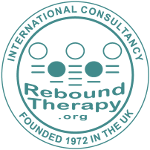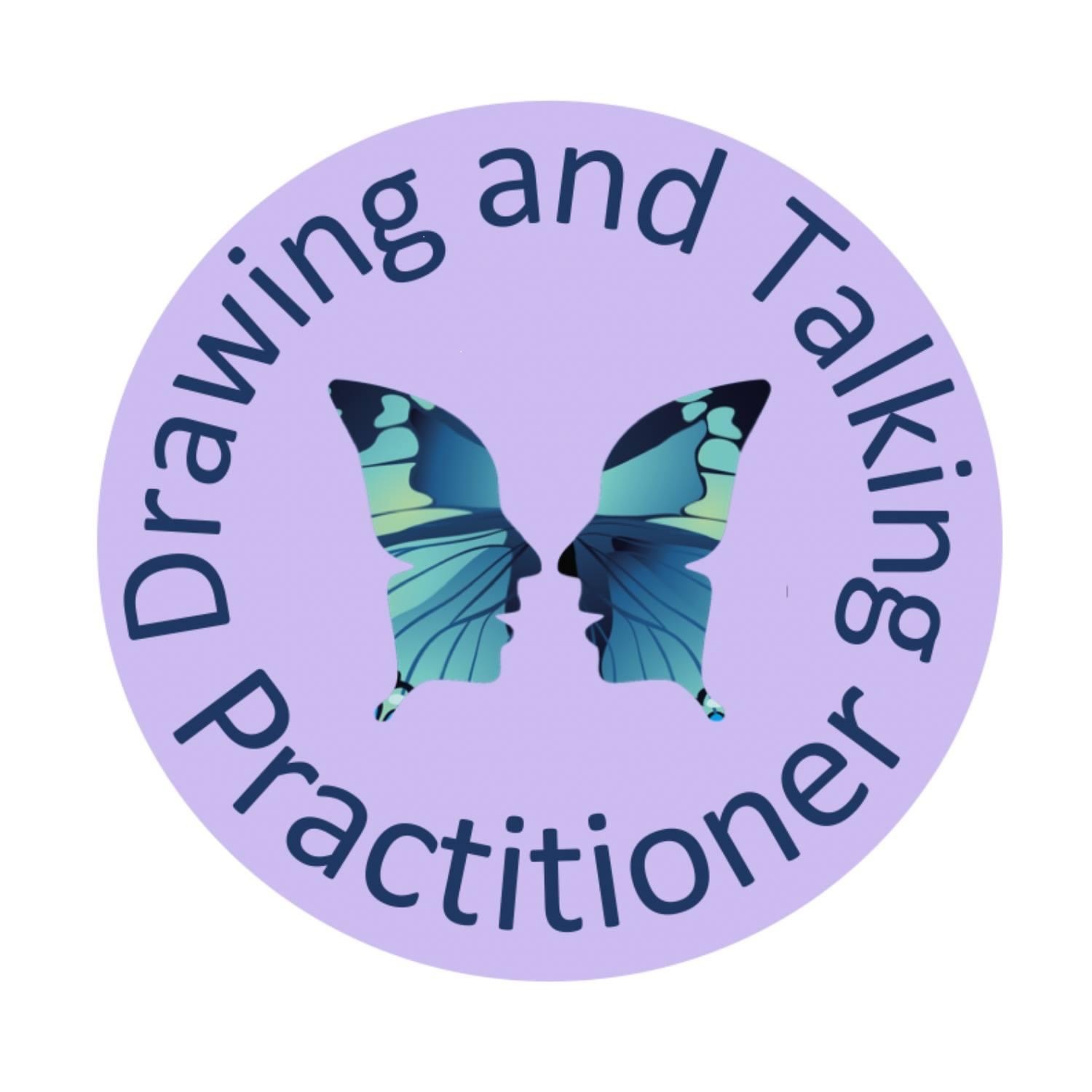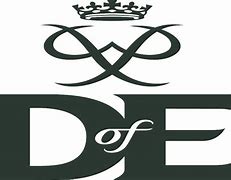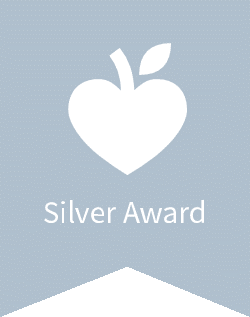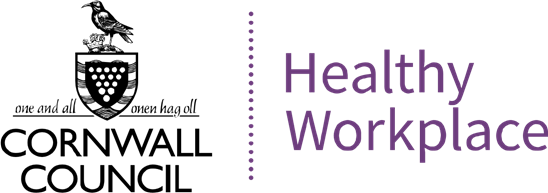Autism
In Pencalenick we recognise that each young person on the autism spectrum has unique needs which require unique approaches to learning.
We are aware that Autism can present many challenges to a child’s daily life. In particular it can impact how they engage with their learning at school and this is why we utilise a range of strategies to support our students.
Our curriculum, learning environments and class structures are designed in a range of different ways, so as to support students at a variety of levels across the spectrum. There are a range of group structures and timetables that allow students to develop, progress and thrive as they become comfortable within their learning environment, the expectations and routines of their daily school life.
We support those students who use a range of AAC to communicate and have staff that are trained in the use of both AAC devices and Makaton.
The Partnership have recently aligned themselves with the Autism Education Trust. The Autism Education Trust was formed to help improve the quality of education for autistic children and young people across England. As part of this alignment Pencalenick has recognised three Autism specialists within the school whose role it will be to promote good practice standards not only with Pencalenick itself but also within other education settings in the local area.
For our students with more complex Autism we follow a structured approach based on TEACCH with designated learning spaces, structured routines, visual timetabling as well as limited changes and transitions. In this group the curriculum is design and delivered to promote independence, communication, emotional awareness and preparation for adulthood.
There are different areas of the school designed for pupils whose Autism is complex. Although the classroom environment is set up to work in individualised learning areas there is a focus upon fostering appropriate interactions with peers. Group working opportunities are dispersed throughout the day to encourage peer on peer engagement and team working and snack and meal times are taken around a table together.
Functional literacy and numeracy are practised daily through a range of activities and methods and each term’s overarching topic area informs the content of science, PSHE, art and food technology. Students work towards a range of ASDAN courses which allows for accreditation from Working Towards Entry 1 to Entry Level 3. Units of work are selected specifically to accommodate either the individual learner or that of a small group depending on the need. Each pupil’s IEP targets informs their personalised curriculum to accommodate their own specific learning requirements.


